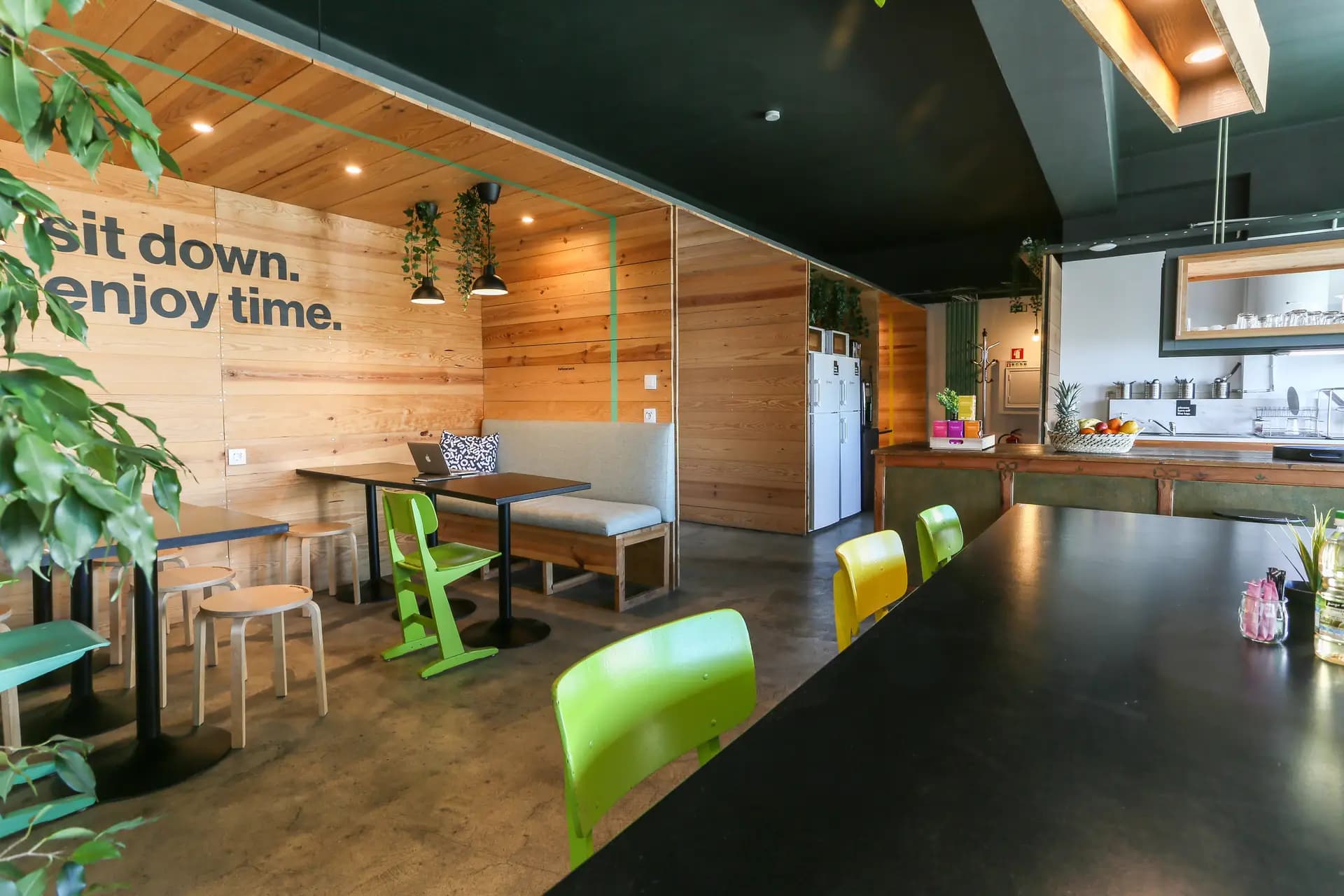There are various ways of being sustainable, and that’s the most important lesson in the third Expresso Ser handbook, on newsstands this Friday. While it’s fair that the word sustainability immediately brings to mind themes related to nature, food and pollution, we need to remember that the concept is that and it’s many other things. It is, in fact, all of life. And it includes the workplace.
The manual “At Work” tries to give hints towards sustainability in several dimensions: the practical issues, from paper to transport where companies and professionals continue to spend more than necessary, to equality issues, and finally to new ways of working, such as digital nomadism.
Below you will find some of these suggestions. This Friday, on the newsstands, you can get to know them all, in addition to the opinion articles by guest authors and the life stories we bring you. Don’t miss it.
OFFICES
Own cup
How many coffees do you drink a day at the office? And how many disposable cups does that mean, even if they are not plastic? The alternative is simple: Keep a large cup and a coffee cup in the drawer, plus the obligatory canteen – whether it’s water, coffee or tea, you will never need to throw a cup in the bin again.
Go digital
Another classic that, not being on the verge of extinction, should be well thought out is the act of printing. Sharing documents is made easier by digital services, as is reading and storing them. If you really need to print, choose the option of printing on both sides of the sheet of paper, which already reduces the expense by 50%, and don’t throw them away, as they can serve as draft paper or for brief notes.
Fewer e-mails
It seems contradictory to the previous tip, but it is not, because the internet is not free of carbon footprint. Have you ever thought how much you spend for an e-mail of little more than a word – “ok”, “thanks”, “talk to you later” – to be sent and remain available, virtually, forever? The answer is simple: “a lot” is spent. But simplicity is a noun to be avoided, because if it is difficult to accurately measure every item in our footprint, doing so in relation to the internet is impossible. We’re talking about a network to which billions of machines are connected, with billions of data, stored in a ‘cloud’ that is real and has form: the data centres, which are responsible for storing and processing all that information, and which require energy both to operate the servers and to keep them cool – that’s why tech giants like Facebook build theirs in cold climates. The exponential increase in data generated worldwide has made these centres responsible for almost 2% of greenhouse gas emissions, a weight already comparable to that of the aviation industry.
Sensitive
Presence sensors are good allies to avoid unnecessary expenses, especially if the habit of leaving lights on throughout the company is entrenched. The ideal is to install this mechanism sensitive to the presence of people in all spaces, but knowing that there are places where employees spend a lot of time, a good technique is to start with the others. The most common examples are bathrooms and corridors, which are usually lit without anyone to illuminate them.
In the sky
Still on the subject of transport, work appears to be fundamental, because apart from the daily commute, it may also require long journeys. For these, the train rather than the plane is the best solution, because it combines a lower environmental cost with a high level of comfort and even contact with the landscape. In cases where it is possible, think about whether you really need to make the trip. And pay attention to your company’s behaviour: a recent study by the NGO European Federation for Transport and Environment analysed 230 large companies and concluded that 84% almost ignore the sustainability of travel and are not committed to reducing air travel.
COWORKING
Sitio Network, various locations
It is not just a coworking site, but a network, of the Himo group, of 15 shared work spaces in Portugal: ten in Lisbon, three in Porto, one in Setúbal and another in Aveiro (this one in the final phase of execution). For the group, this is a way of responding to the “new social, economic and working dynamics” that are at the basis of a “new lifestyle”. A style that combines environmental, social and economic dimensions. The sustainability of the spaces is seen “in the sharing of resources”, which also allows “savings in works and consumption”, whether in pantries, toilets or meeting rooms. The Himo group also mentions as important factors the “optimisation of energy resources, in a unified management”, the “greater control of energy, namely in common spaces”, which only consume energy when they are being used, the selective collection of waste and the “use of Sitio mugs and cups made of durable materials, such as glass and crockery, avoiding disposables”.
